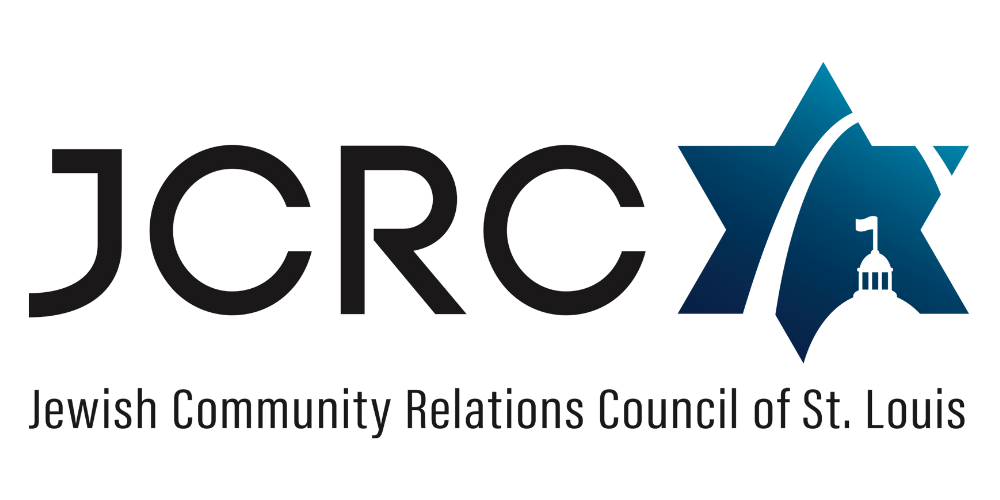November 2019 LGBTQ Equity
Addressing LGBTQ Equity and Justice
Jewish Values:
One of the strongest ethical principles in Judaism is kavod habriyot, human dignity. Every individual is entitled to kavod habriyot by having been made b'tzelem elohim, in God’s image. As beings created in God’s image, we are all entitled to kavod habriyot, regardless of sexual orientation, gender identity, and gender expression. Though this concept could be used to advocate for dignity of the LGBTQ community (lesbian, gay, bisexual, transgender, queer sometimes referred as the LGBTQIA+ community), its scope is much broader. Any pressure to hide oneself denies individuals the human dignity of being known as their full, authentic selves. Acceptance and inclusion instead allows one to live openly and fully experience kavod habriyot.
The inherent social nature of kavod habriyot carries implications for the wider Jewish community. Denying someone their dignity is an inherently humiliating and shaming experience. Participating in that process, either actively or as communal bystanders, humiliates or shames all. Ensuring the dignity of LGBTQ individuals allows us to ensure the dignity of the entire community.
Historical Background:
Over the past four decades, each branch of Judaism has made statements that affirm dignity and respect for people identifying as LGBTQ.
• In 1977, the Union for Reform Judaism and the Central Conference of American Rabbis affirmed the rights of people to identify as gay or lesbian as part of their annual resolution, marking the first of many changes that the Reform community would begin to make in order to ensure that people of the LGBTQ community are treated with dignity and respect. In 2015, the URJ officially adopted a transgender rights policy.
• In 1984, Reconstructionist Judaism became the first Jewish denomination to allow openly gay and lesbian rabbis and cantors. After decades of supportive policies, in 2016/2017 the Reconstructionist Movement overwhelmingly approved an expansive resolution affirming the full inclusion, equality, and welcoming of all transgender, non-binary and gender non-conforming individuals.
• In 2006, The Conservative Movement cited that the principle of kavod habriyot supersedes pre-existing rabbinical teachings regarding sexual orientation, thereby transforming the Jewish notion regarding the LGBTQ community from a non-inclusive principle to a more supportive approach. The Conservative Movement expanded LGBTQ inclusion to include transgender and non-binary individuals in 2016.
• In 2010, more than 150 Orthodox rabbis and educators signed a declaration calling for the welcoming of LGBTQ Jews in the Orthodox community. Additionally, in 2016 the Rabbinical Council of America passed a resolution stating “We must always strive to be aware of and to work to ameliorate the struggles, loneliness, and alienation experienced by those who feel marginalized from the Jewish community and from Jewish life or who believe that they do not fit into our communities.
Contemporary Problems:
LGBTQ individuals face human rights discrimination in several areas including healthcare, housing, employment, public accommodations, safety, civil rights and representation in the media and government. The patchwork nature of current laws leaves millions of people subject to uncertainty and potential discrimination that impacts their safety, their families, and their day-to-day lives. Discrimination based on sexuality and/or gender identity has several consequences, including poor health outcomes, increased incidence of mental illness and suicide, homelessness, and experiences of violence. Our nation’s (as well as Missouri’s) civil rights laws protect people on the basis of race, color, national origin, and in most cases, sex, disability, and religion. But Missouri and Federal law does not provide explicit or consistent non-discrimination protections based on sexual orientation or gender identity.
Action Statement:
Jewish Community action:
We, the Jewish Community Relations Council, are fully committed to promote and implement complete equality, inclusion and acceptance of people regardless of gender identity, gender expression, and sexual orientation. To that goal we will:
• Begin or continue to partner with local and national Jewish LGBTQ organizations,
• Encourage LGBTQ Jews to share and participate in the worship, leadership, and general Jewish community life,
• Advocate for Jewish Institutional (workplace, schools, etc.) LGBTQ non-discrimination policies that encourage supportive and diverse environments.
• Strive to use gender-neutral language on all forms of media,
• Encourage other organizations to adopt and uphold these policy actions,
• Advocate referring to all individuals in respectful language that includes their identified name, gender, and pronouns,
• Advocate that Jewish institutions have facilities available so that individuals have the right to choose which facilities (restroom and other) are used in accordance with their gender identity.
• Develop educational programs in the Jewish community which promote understanding and respect for LGBTQ individuals.
General Community-wide Action:
We will advocate for the same issues as listed above under Jewish Community Action by working with the wider non-Jewish community. We will encourage others to form connections with LGBTQ members of the community and collaborate to create a more inclusive community.
With our partners in the general community, we will work towards:
• Non-discrimination protections for LGBTQ individuals across key areas of life including employment, housing, credit, education, and public spaces and services,
• The right to inclusive and affirming health care for the needs of the LGBTQ community,
• The right to be protected from violence.
Policy and Legislation:
The JCRC will work towards the adoption and implementation of legislation and policies that:
• Prevent discrimination based on gender identity, gender expression, and sexual orientation,
• Advocate for laws mandating equity in education, housing, health care, and employment.

